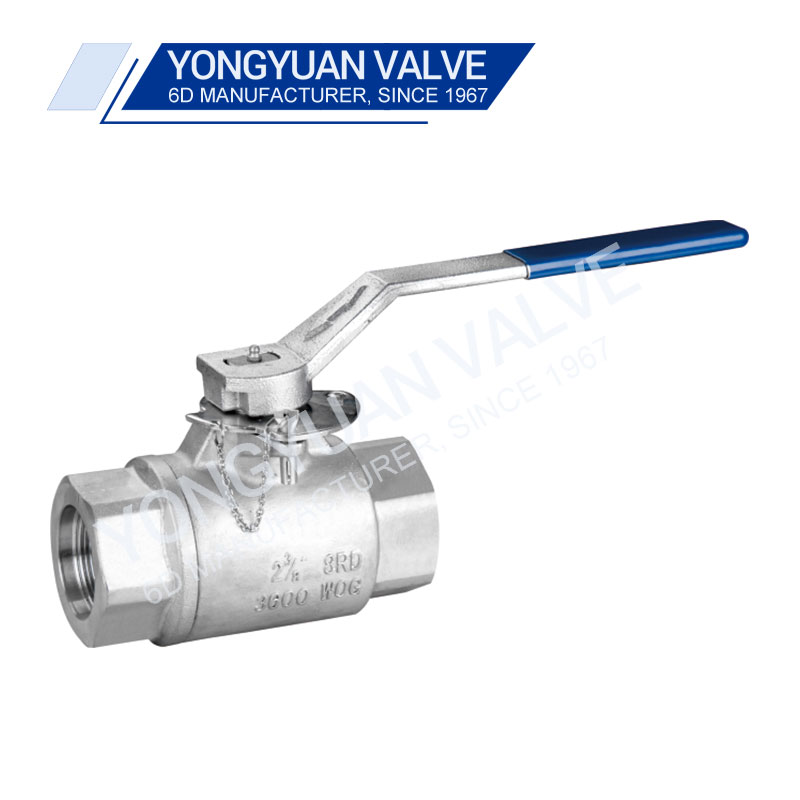Exploring Material Excellence: The Construction of Female NPT Swing Check Valves
2023-11-10
Introduction:
In the world of fluid control systems, the reliability and longevity of valves hinge on the materials used in their construction. Female NPT Swing Check Valves, vital components in piping systems, boast a diverse range of materials carefully selected to meet the demands of various applications. This blog aims to unravel the mystery behind the construction materials of these valves, shedding light on their durability, corrosion resistance, and suitability for different environments.
Section 1: Stainless Steel - The Epitome of Durability
Stainless steel stands out as a popular choice for constructing Female NPT Swing Check Valves. Renowned for its exceptional durability, stainless steel valves offer resistance to corrosion, rust, and pitting. This makes them ideal for applications where exposure to moisture or corrosive substances is a concern, such as in water treatment plants, chemical processing, and offshore environments.
Section 2: Brass - A Balance of Strength and Malleability
Brass is another commonly used material in the construction of these valves. Known for its corrosion resistance and excellent machinability, brass valves strike a balance between strength and malleability. This makes them suitable for a wide range of applications, including plumbing systems, where the valves need to withstand varying water compositions and maintain their structural integrity.
Section 3: PVC - Lightweight and Corrosion-Resistant
Polyvinyl chloride, or PVC, is a lightweight and corrosion-resistant material commonly used in the construction of Female NPT Swing Check Valves. Ideal for applications where weight is a critical factor, PVC valves are often found in water supply lines, irrigation systems, and other environments where resistance to chemical corrosion is essential.
Section 4: Alloys - Tailoring Properties to Application Needs
In some cases, valve manufacturers may use specialized alloys to tailor the properties of Female NPT Swing Check Valves to specific application requirements. Alloyed materials may enhance characteristics such as strength, resistance to extreme temperatures, or compatibility with certain types of fluids. Nickel alloys, for example, are known for their corrosion resistance and performance in high-temperature environments.
Section 5: Plastics - Versatility and Cost-Effectiveness
Certain applications benefit from the use of plastic materials, such as polypropylene or polyethylene, in Female NPT Swing Check Valves. These materials offer versatility, cost-effectiveness, and resistance to corrosion. Plastic valves are commonly used in industries like agriculture, where lightweight and durable solutions are preferred.
Section 6: Selection Considerations
The choice of material for Female NPT Swing Check Valves depends on several factors, including the type of fluid being conveyed, environmental conditions, and the specific demands of the application. Understanding the characteristics of each material allows engineers and system designers to make informed decisions to ensure the optimal performance and longevity of the valves.
Conclusion:
The diverse range of materials used in the construction of Female NPT Swing Check Valves underscores the adaptability of these crucial components in fluid control systems. Whether it's the durability of stainless steel, the balance of strength and malleability in brass, or the versatility of plastics, each material brings unique properties to the table. Ultimately, the careful selection of materials ensures that these valves meet the demands of various industries, contributing to the efficiency and reliability of piping systems.



